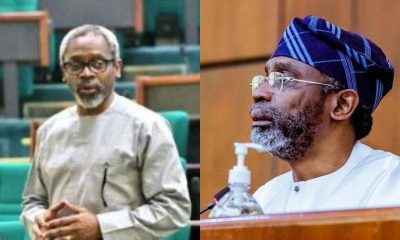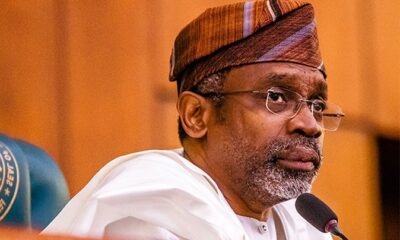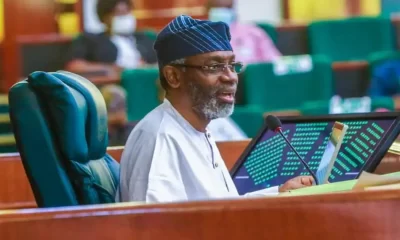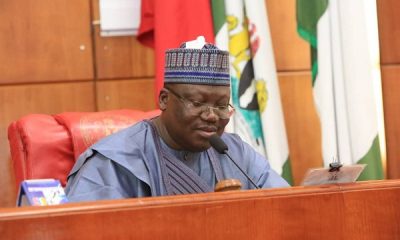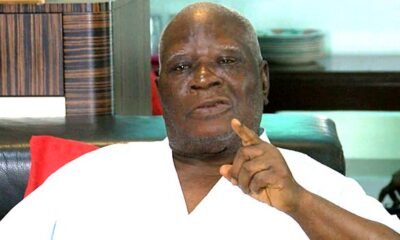NEWS
Passed PIB is satanic, unjust, embarrassing, Edwin Clark declares
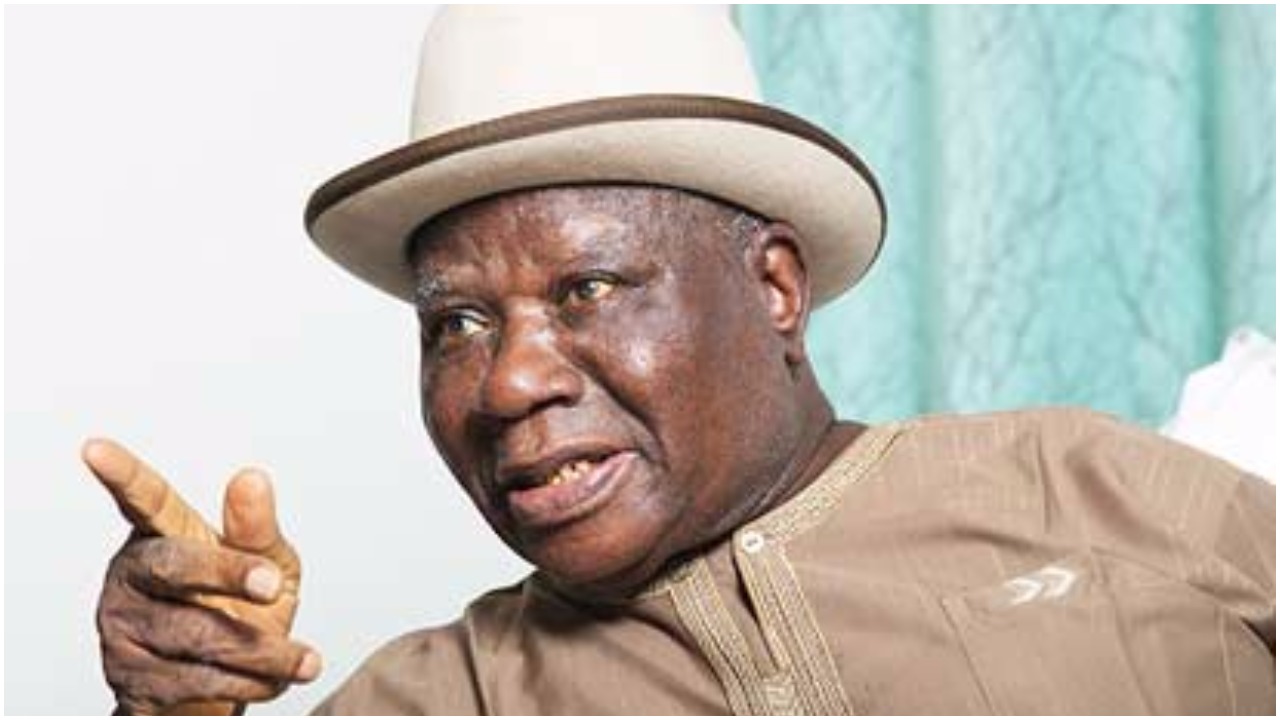
Political leader, Chief Edwin Clark, has criticised the Petroleum Industry Bill (PIB) newly passed by the National Assembly.
Clark said that the bill destroyed the hopes of the people of the Niger Delta region, stating that it is “satanic, unjust, and embarrassing.”
This is as he decried the provision and allocation of 30 per cent of profits to the frontier exploration of oil in the north.
Clark made this known in an open letter addressed to Senate President, Ahmad Lawan, and the Speaker of the House of Representatives, Femi Gbajabiamila.
He said, “It is important to state clearly here to all well-meaning Nigerians that the demand of the oil-bearing communities of the Niger Delta Region was for a minimum of 10 per cent equity participation.
“But you, Mr Senate President, the Right Honourable Speaker and some of your colleagues in the National Assembly have further shown your disdain to the Niger Delta people by redefining host communities to include pipeline-bearing pathway communities, in which case states, where pipelines pass through to aid them with the privilege of cheap supplies of Niger Delta petroleum products, could also be entitled to the ridiculous and unacceptable percentages that the legislators are willing to cede to oil-bearing communities.
“We want to warn seriously, that the people of the Niger Delta have had enough of this colonial and oppressive mentality of our Northern brothers and friends. Today, the north controls the Oil Sector, even though day-to-day operations are being handled by the International Oil Companies (IOCs) on behalf of the Federal Government of Nigeria.”
He rejected the 3 per cent and 5 per cent of operating expenditure granted to host communities which include the 30 per cent provision for Frontier Exploration Fund.
Clark called for the review of the PIB to reflect nothing less than 10 per cent of operating cost for oil-bearing communities.
He said, “If this is not done, the Niger Delta people may be forced to take their destiny into their own hands and all IOCs may find themselves denied access to their oil activities in such communities.”





